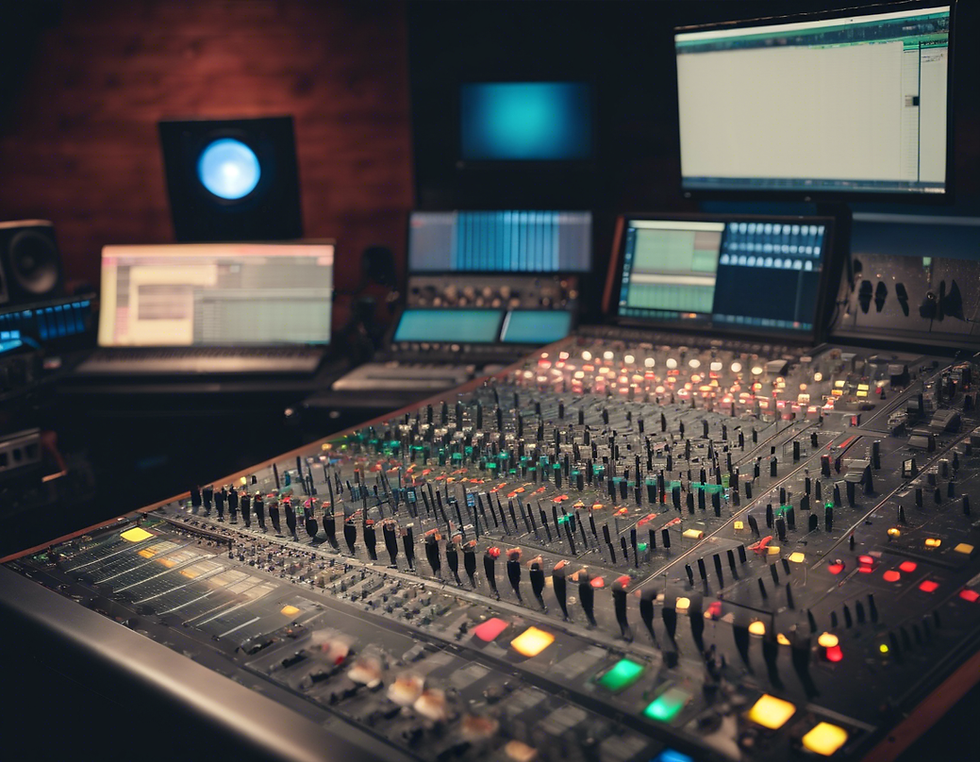Is The Recording Studio Obsolete?
- rainchecknyc
- Oct 24, 2024
- 2 min read

The professional music recording studio has long been regarded as the cornerstone of music production, serving as a sacred space where artists, producers, and engineers collaborate to create high-quality recordings. However, the rise of digital technology and home recording capabilities has led to the obsolescence of many traditional recording studios. This shift is largely driven by the democratization of music production tools, allowing aspiring musicians to produce professional-sounding tracks from the comfort of their homes, thus challenging the necessity of conventional studio environments.
One of the most significant factors contributing to the decline of traditional recording studios is the advancement of affordable digital audio workstations (DAWs) and recording equipment. Programs like Pro Tools, Logic Pro, and Ableton Live, paired with affordable microphones and audio interfaces, enable artists to record, mix, and master their music independently. This accessibility has led to a surge in home studios, where musicians can experiment freely without the financial constraints associated with booking time in a professional studio. As a result, the traditional model of studio recording—often characterized by its high costs and logistical challenges—has become increasingly less appealing.
Moreover, the shift in music consumption patterns plays a critical role in this obsolescence. With the rise of streaming platforms, artists are often more focused on producing singles and tracks for digital release rather than full-length albums. This change has diminished the perceived value of extensive studio time, as musicians can create and distribute music in shorter cycles. Additionally, social media platforms allow artists to promote their music and connect with audiences directly, reducing the need for traditional marketing strategies that often relied on the backing of established recording studios.
Despite the decline of traditional recording studios, it's essential to recognize that they still hold value for certain aspects of music production. Some artists may prefer the acoustics, equipment, and collaborative energy that a professional studio provides, particularly for specific genres or projects that require a high level of craftsmanship. However, as technology continues to evolve and the landscape of the music industry shifts, the role of professional recording studios is undoubtedly changing. While they may not disappear entirely, their function and relevance in the modern music scene are being redefined, reflecting a broader trend towards independence and innovation in music creation.



Comments